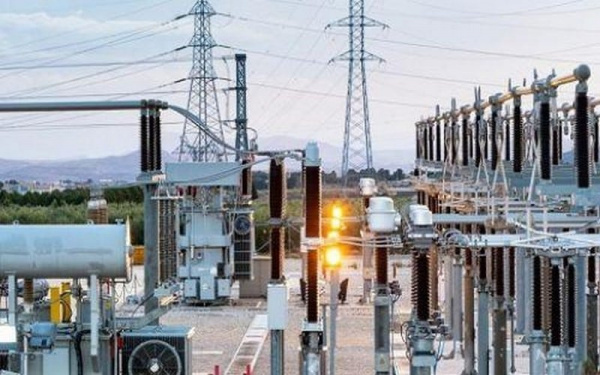Benin, Togo, and Niger make partial payment on energy debt to Nigeria

Benin, Togo, and Niger make partial payment on energy debt to Nigeria
Nigeria, the energy powerhouse of West Africa, has long supplied electricity to its neighboring countries, thanks to its vast natural gas reserves and extensive thermal power plants.
This energy interdependence, spanning decades, has been supported by Nigeria’s significant investment in its energy infrastructure, creating a complex web of cross-border electricity networks.
These grids link Nigeria with Benin, Togo, Niger, and beyond, playing a vital role in the economic development of the region and fostering lasting diplomatic and trade relationships.
In the latest report from the Nigerian Electricity Regulatory Commission (NERC), a positive step has been made toward settling outstanding debts by some of Nigeria’s neighboring countries.
Benin, Togo, and Niger have collectively paid $9.81 million, reducing their cumulative debt from $15.60 million to $5.79 million.
This payment signals a clear intent by these nations to maintain healthy relations with Nigeria, their key electricity supplier.
Standout performers in this debt reduction include Transcorp-SBEE of Benin and Mainstream-NIGELEC of Niger, both of which have completely settled their arrears.
These payments come in stark contrast to rumors circulating earlier this year about potential electricity cuts in Benin due to unpaid bills.
The Beninese Electricity Production Company (SBPE) quickly moved to reassure the public, reaffirming its reputation as a reliable client in the eyes of the Nigerian energy regulator.
The partial repayment of these debts raises questions about the region’s energy future. While Nigeria remains a critical energy provider, the commitment shown by its debtors could be the beginning of a deeper restructuring of the energy sector in West Africa.
Several countries, aware of their energy vulnerability, have launched ambitious projects to diversify their energy sources and enhance domestic production capacity.
Benin, for instance, has recently opened new thermal power plants and is actively exploring solar energy potential.
Togo and Niger are turning to public-private partnerships to modernize their energy infrastructure.
If successful, these initiatives could reshape the regional energy landscape, evolving from a dependency model to a more balanced exchange network.
However, the path to energy autonomy is fraught with challenges.
Technical, financial, and political hurdles remain substantial.
Until these are overcome, maintaining strong ties with Nigeria is essential for the energy stability of these nations.
The repayment of their energy debts, while financially significant, also holds strategic importance, ensuring uninterrupted power supply and paving the way for future negotiations on energy trade terms within the region.
About The Author
dailymailafric
I am an avid African news observer, and an active member of Daily Mail Africa.
I’m Passionate about staying informed on diverse topics across the continent,
I actively contribute to publishing on political, economic and cultural developments in Africa.



